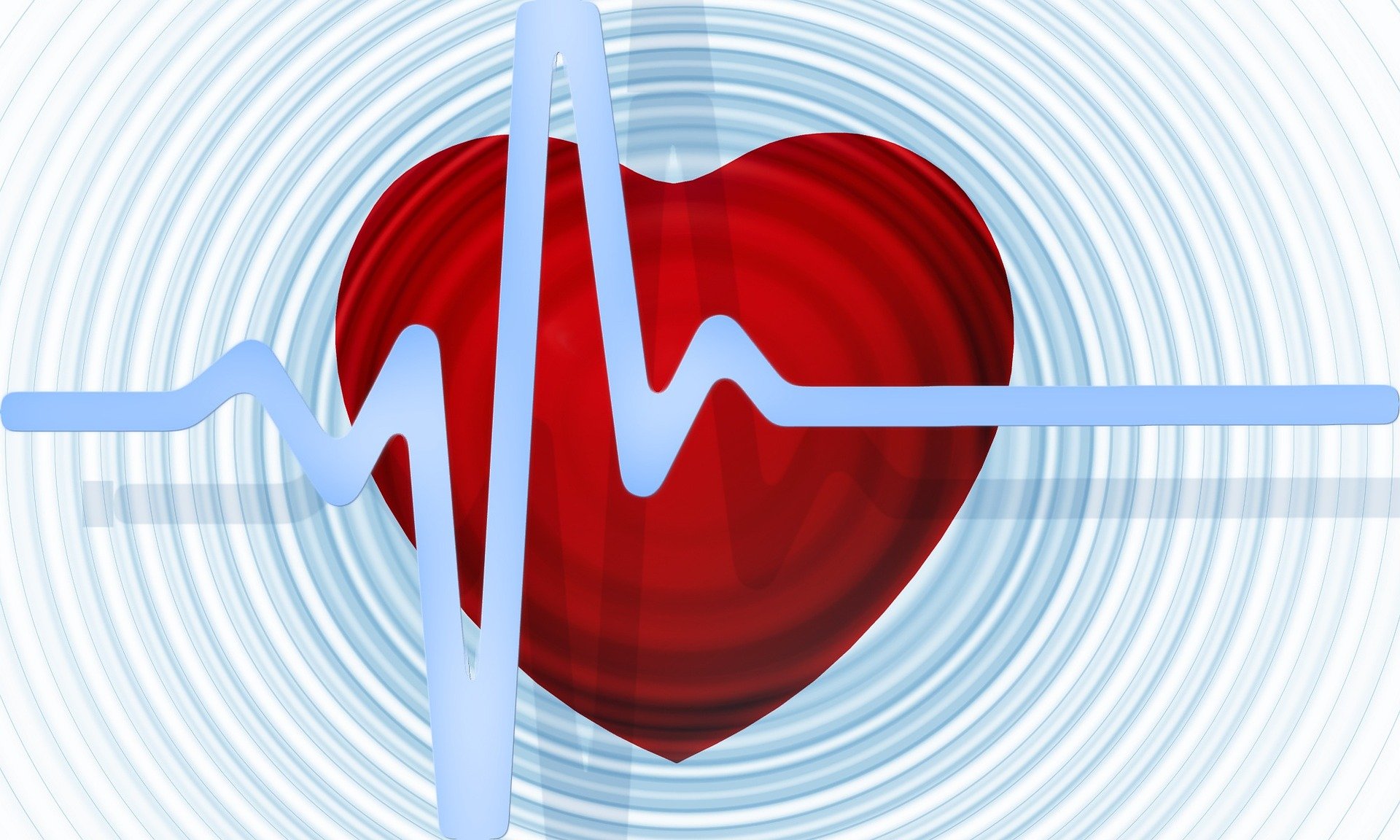February is American Heart Month | 10 Tips For a Healthy Heart
While the month of February may be seen as the month of love, it is also American Hearth Month. Heart disease is the leading killer of Americans, taking the lives of 2,200 people each day. In addition, 103 million adults have high blood pressure and 6.5 million are living with heart failure. While genetic factors do play a part in cardiovascular disease, the good news is 80 percent of cardiovascular diseases may be preventable with education and action. This February, show your heart some love with these ten tips.
Stop Smoking
Quitting smoking is one of the best things that can be done for the heart and for overall health. Smoking is the most preventable cause of premature death in the United States, and smokers have a higher risk of developing many chronic disorders, including atherosclerosis, or the buildup of fatty substances in the arteries. Quitting is never easy, but there are lots of helpful resources for those looking to start.
2. Know your numbers
Maintaining a healthy weight, blood pressure and total cholesterol play a significant role in maintaining a healthy heart. While there are standard guidelines for blood pressure and cholesterol, ideal weight goals are individual to each person. Make an appointment with one of Bowie Health’s physicians to do a physical which can help you find your individual goal weight.
3. Screen for diabetes
Allowing diabetes to go untreated can lead to heart disease, among many other complications. Diabetes can be easily detected through a simple blood test and managed a variety of ways under the care of a physician.
4. Get active
Heart pumping physical activity not only helps to prevent cardiovascular disease but can also improve overall mental and physical health. The American Heart Association recommends five 30 minute moderate exercise sessions each week. These can easily be broken up into 2 15 minute exercises as well. Walking, swimming, and dancing are great forms of exercise. It’s important to remember that anything is better than nothing and getting your body moving will help you feel better overall.
5. Build some muscle
Strength training is a great supplement for cardiovascular exercise which helps tone muscles and burn fat. The American Heart Association recommends getting in two days of moderate to high-intensity strength training each week to help keep a your heart healthy.
6. Eat smart
There are particular foods that are considered heart-healthy foods! Things like salmon, nuts, berries, and oats are just a few “superfoods” that you can consume. Even dark chocolate is on the list and is a great way to satisfy your sweet tooth.
7. Limit junk
While junk food can taste good and is something we all crave, it isn’t healthy for us to consume large amounts of. Added sugars, saturated fat and excessive sodium can all negatively impact heart health, as well as overall physical health. These foods, when eaten in excess, can cause weight gain, raise blood pressure and clog arteries, which are all risk factors for heart disease.
8. Stress less
Stress increases cortisol, which leads to weight gain, a key risk factor for heart disease. In addition, stress can lead to other unhealthy habits, making it harder to stick to a heart-healthy program. Stress can also decrease overall happiness and increase the risk for anxiety and depression.
9. Sleep more
Getting enough sleep is essential to your overall health. Sleep helpes restore your body, decrease stress, and increase overall happiness. On average, most people need at least seven hours of sleep a night. Having a nightly routine including going to bed and getting up at the same time each day helps establish healthy sleep patterns.
10. Smile
A happy heart is a healthy heart! Making time for enjoyable activities and hobbies helps relieve stress and improves the overall mood, which is a great start to a healthy heart.
Having a Healthy Heart in Maryland
Bowie Internal Medicine is committed to treating any conditions you may have, as well as preventing further health complications through preventative care. For more information about managing your healthy heart habits, please contact our office to schedule an appointment or ask any questions.
